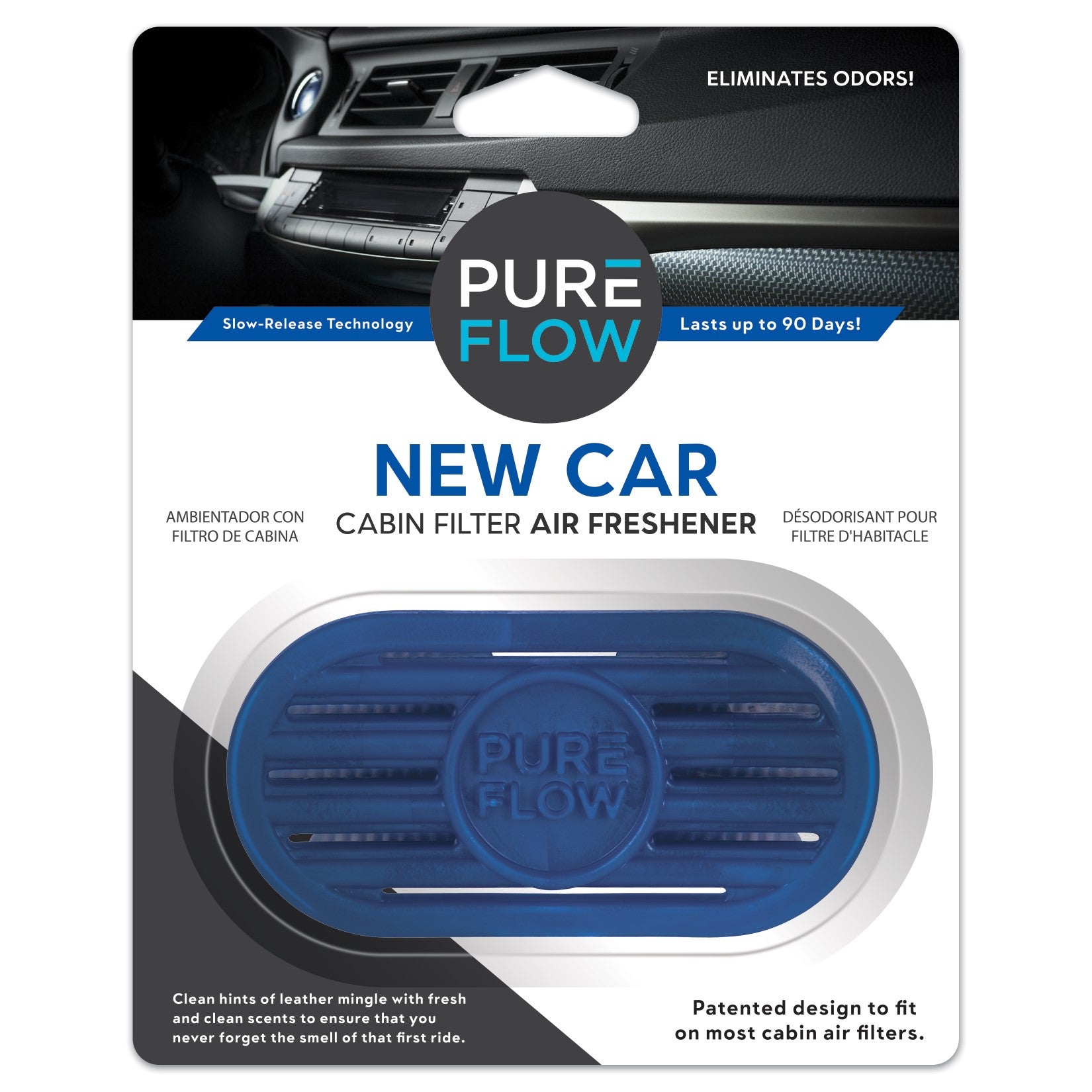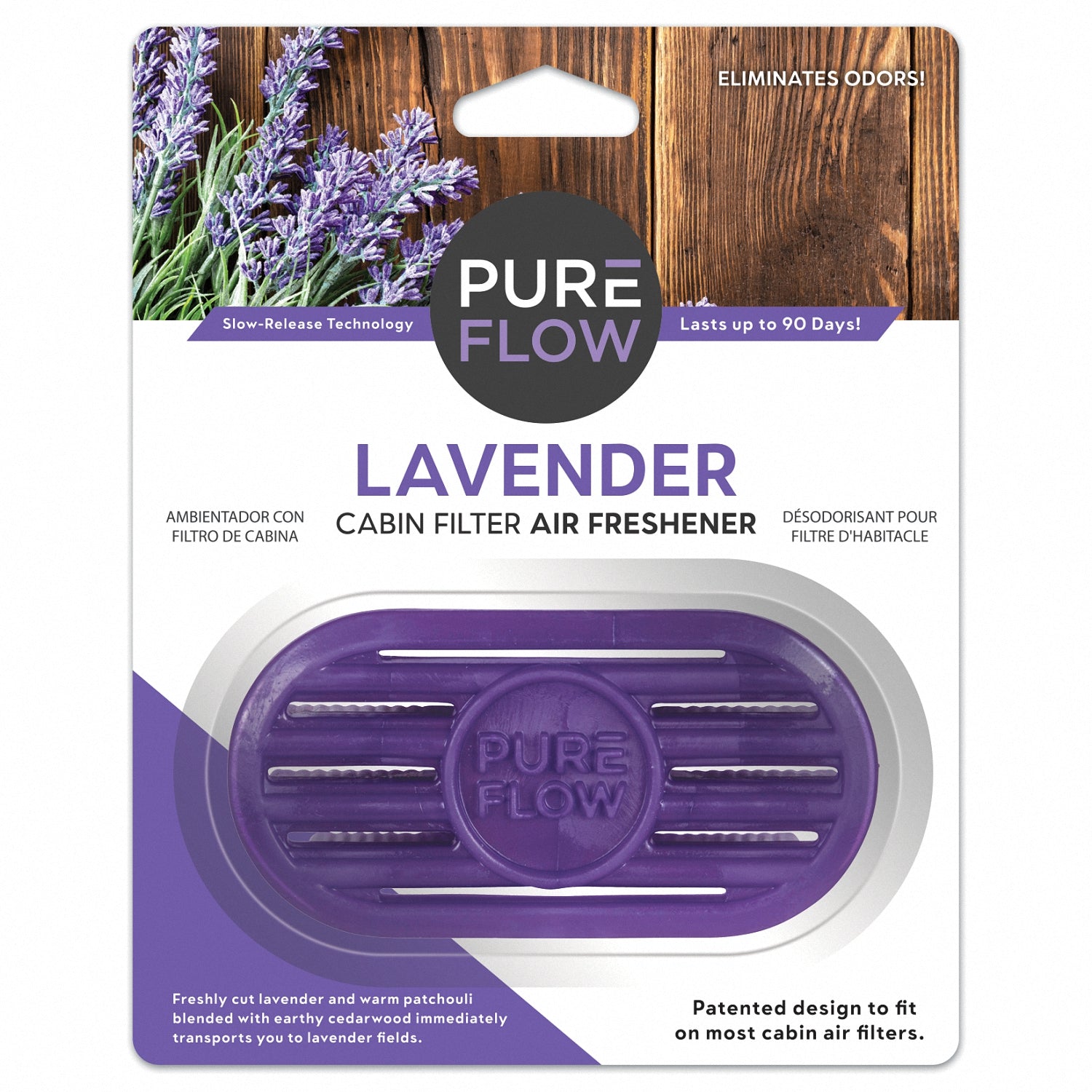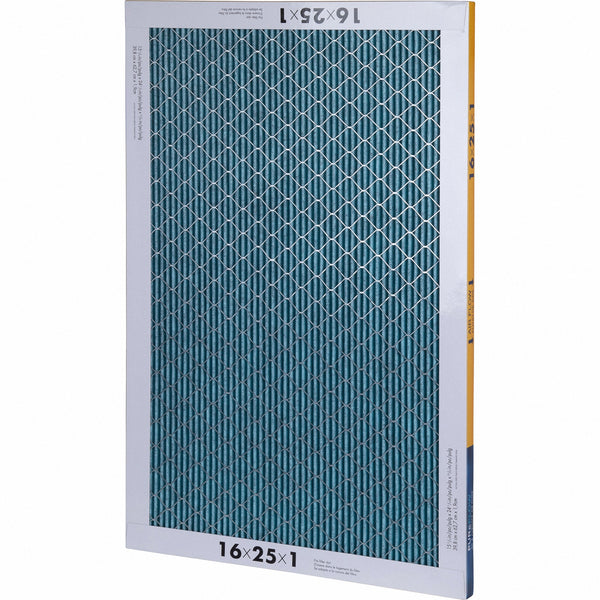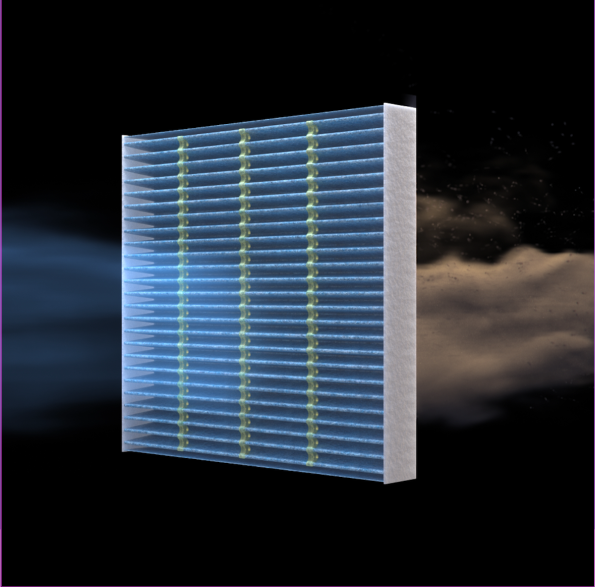As electric vehicles (EVs) continue to gain popularity, it's important to consider the health and safety features that come with them. One such feature is the cabin air filter, which is responsible for filtering the air that enters the vehicle's cabin. In this article, we'll take a closer look at cabin air filters for EVs and why they're important.
What is a Cabin Air Filter?
A cabin air filter is a component of a vehicle's heating, ventilation, and air conditioning (HVAC) system. It's responsible for filtering out pollutants, allergens, and other particles from the air that enters the cabin of the vehicle. Cabin air filters typically consist of a pleated paper or fabric filter that traps pollutants and prevents them from entering the cabin.
Why are Cabin Air Filters Important for EVs?
While EVs are known for their eco-friendliness and lack of emissions, it's important to note that the air quality inside the cabin of an EV can still be affected by pollutants and allergens. In fact, research has shown that the air inside a vehicle can be up to 10 times more polluted than the air outside.
Cabin air filters help to improve the air quality inside the cabin of an EV by trapping pollutants and allergens before they enter the cabin. This is especially important for people with allergies or respiratory issues, as well as for anyone who wants to breathe cleaner air while driving.
Types of Cabin Air Filters for Electric Vehicles
There are two main types of cabin air filters: standard filters and high-efficiency particulate air (HEPA) filters.
Standard filters are made of a pleated paper or fabric material and can trap particles as small as 10 microns. These types of filters are effective at removing most pollutants and allergens from the air.

HEPA cabin filters, on the other hand, are made of a denser material and can trap particles as small as 0.3 microns. This makes them more effective at removing smaller particles such as bacteria, viruses, and other harmful pollutants.
Most EVs come equipped with a standard cabin air filter, but some models offer the option to upgrade to a HEPA filter for improved air quality. Premium Guard, a leading manufacturer and distributor of cabin air filters, offers HEPA type filters for Tesla models S and X. Standard cabin filters are also available for Tesla models 3, S, X and Y.
How Often Should Cabin Air Filters be Replaced?
The replacement interval for cabin air filters can vary depending on several factors, such as driving conditions, air quality, and the type of filter used. In general, it's recommended to replace the cabin air filter every 12,000 to 15,000 miles or every 12 to 18 months. However, in some cases, they may need to be replaced more frequently, especially if the vehicle is driven in areas with high levels of air pollution or dust.
Cabin Air Filters for EVs: Are they Different?
The lifespan of the cabin air filter in an EV can also depend on the type of filter used. Some EVs come equipped with high-efficiency particulate air (HEPA) filters, which are designed to capture smaller particles such as allergens and pollutants. These filters tend to be more expensive, but they can have a longer lifespan and may not need to be replaced as often as standard filters.
Cost of Replacing Cabin Air Filters in Electric Vehicles
The cost of replacing a cabin air filter in an EV can vary depending on several factors, including the make and model of the vehicle, the type of filter used, and the location where the replacement is performed. In general, the cost of replacing a cabin air filter in an EV is similar to the cost for an internal combustion engine (ICE) vehicle. However, since EV cabin air filters tend to last longer than those in ICE vehicles, the replacement cost may be less frequent and therefore, less costly over time.
Conclusion
Just as with ICE vehicles, cabin air filters are an essential component of the HVAC system in an EV. It’s important that as part of your EVs preventive maintenance schedule that the cabin filter is replaced every 12,000 to 15,000 miles. By changing your cabin filter on a consistent basis this will help to ensure that the air quality inside your EV cabin remains at a high level.











































